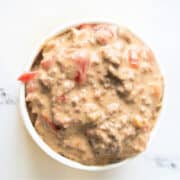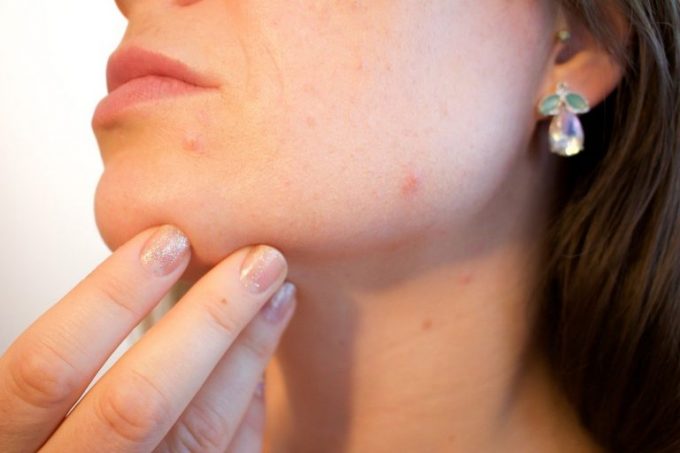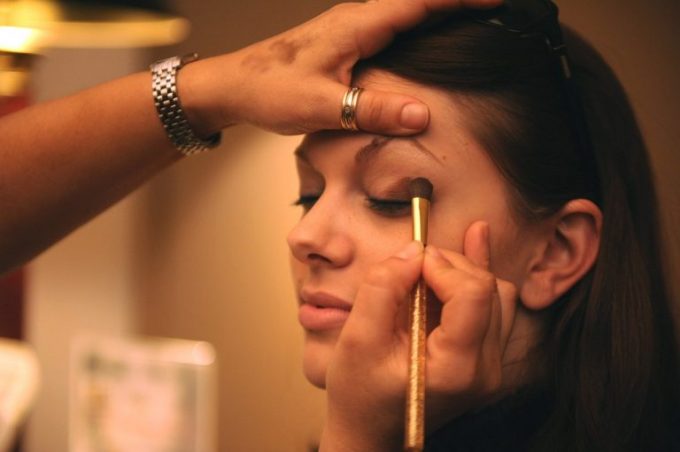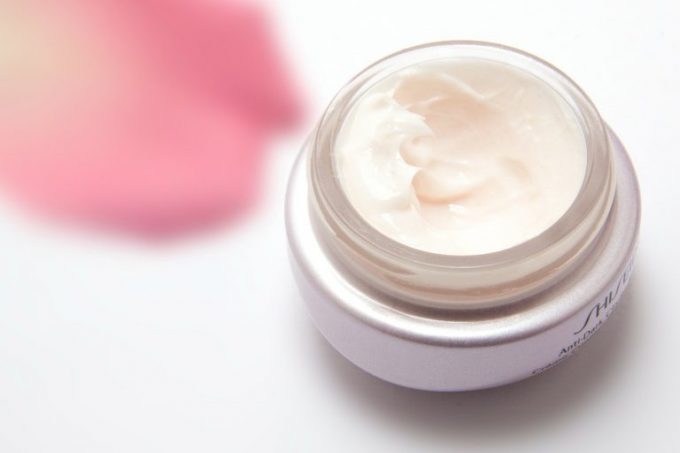With dozens of products and solutions out there, all promising to help with acne problems, it can be an overwhelming undertaking to find the right treatment that works for your skin. These products are not created equal and in addition to this, we all have different types of skin, including dry skin, oily skin, normal skin, and combination skin.
So before you try out just any product, be sure to consult with your derma.
The worst part, however, is having to deal with acne breakouts later in life. If you thought that acne is a problem restricted to the teens only, you’re wrong. Acnes can and do affect people of all ages. Before we get to the article’s main agenda, let’s start off with where acne comes from.
What Causes Acne?
Acne occurs when your hair follicles get clogged up with dead skin cells and oil. It is characterized by the appearance of pimples, whiteheads, and blackheads on the forehead, shoulders, upper back or on the chest.
Factors such as hormones, diet options, stress, and certain medications can trigger acne. Treating acne during the early stages may help to reduce scarring, prevent the mild form from worsening, and avoid years of treating acne.
With that in mind, below are dermatologist treatment options to help with acne breakout.
1. Face Cleansing
It’s important to ensure that your face is clean at all times. Ask a professional derma, and they’ll tell you that dirt, sweat, and accumulated debris on your skin will only worsen your acne situation. Overall body hygiene is an important step in helping to prevent acne and control breakouts.
The reason to emphasize overall body hygiene is that acne is not restricted only to the face. As earlier mentioned, it can occur on the shoulder, back, and chest. Nonetheless, you’ll want to ensure your face is taken care of because it’s the most exposed to the environment. Cleansing your face will help to eliminate dead skin cells, impurities, and oil.
Now, while it's okay to wash your face more than two times a day, doing it wrong will do your face more harm than good. Below are the dos and don’ts when it comes to keeping your face clean, especially if you’re prone to acne:
- Do use mild facial cleansers – avoid harsh and corrosive soaps
- Use only warm water – avoid hot water
- Use a soft cloth when washing your face do - not scrub your face with a coarse cloth
- Dry with a soft clean towel – avoid dirty towels as they may contain bacteria
2. Laser Treatment
Most people avoid laser treatment when treating acne, perhaps because of the deceptive notion that it’s a painful and expensive procedure. Well, to your surprise, it is a painless procedure and one of the most effective ways of combating acne. Statistics have it, that at least 40-50 million Americans suffer from acne annually.
These numbers are distributed across the various states of the U.S. According to Dr. Michelle Ellern from the Reflections Center, which offers treatment options to help acne in NJ, laser treatment is among the best dermatologist treatment option for anyone suffering from chronic acne.
This is a process that involves the use of non-ablative laser beams to clear and bring acne lesions under control. It is also a non-invasive procedure with minimal to no downtime.
3. Using Little Make-Up
Your success in preventing, treating, or controlling acne breakouts will largely depend on your skincare habits. If you have an acne breakout or your skin is prone to acne, for instance, it’s best to avoid powdering your face or wearing foundation.
If you must, consider going for non-comedogenic makeup, which is gentler to your facial skin and will not trigger or worsen acne. In addition to this, whenever you wear makeup, it’s imperative to wash it off and apply a moisturizer or a mild lotion at each end of the day. This can be a good preventive measure for acne breakouts.
Most importantly, choose cosmetic products that have no dyes or harmful chemicals.
4. Opt For Over-the-Counter Acne Products
When choosing an over-the-counter acne product, it’s important to consider those that have antibacterial ingredients such as lactic acid, benzoyl peroxide, or glycolic acid. These products have antibacterial properties that will help to fight the Vulgaris bacteria as well as soothe your skin.
However, you need to be cautious when using some of these products, especially if you have sensitive skin. Over the counter acne products require no prescription but you may need to consult with your dermatologist just to be sure of the best products for your skin.
A dermatologist will help to determine your skin type and the best products suited for your skin.
5. Use A Moisturizer
If you’re using any acne products during an acne breakout, your skin may at times feel dry and this will only worsen the situation. This is mainly due to the ingredients. To avoid and minimize skin peeling and dryness, apply a moisturizer after your acne product. Choose moisturizers that are labeled non-comedogenic. If you wanted to add another element of skincare that can help keep skin moisturized, and even calm redness and inflammation associated with acne, you may wish to make CBD oil part of your routine.
You also need to watch what you eat during acne breakout. Foods such as dairy products, whey protein powder, refined grains, and sugars have been found to contribute to the development of acne. With the skin being the largest part of your body, taking care of it will be beneficial to your overall health.


















Leave a Reply